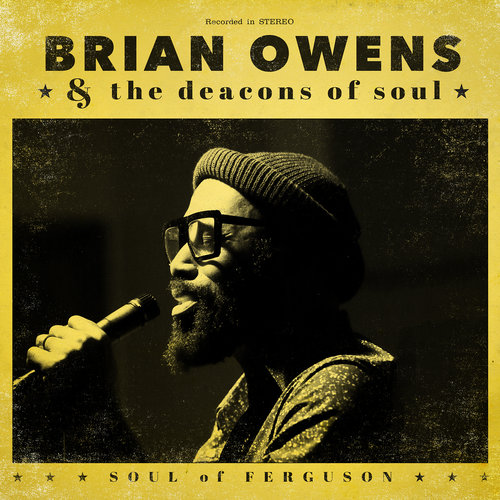Gotta Groove Records
Dopapod — Emit Time
The Dopapod Emit Time tour featuring Ghost-Note, JoJo Mayer/Nerve, Octave Cat, Paris_Monster, and Domi & JD Beck starts October 4.

Brian Owens & The Deacons of Soul — The Soul of Ferguson

One of the biggest releases ever on Soul Step Records was the landmark record from Brian Owens, “Soul of Cash.” Needing multiple represses to keep up with the demand, it made sense that the latest offering from Soul Step Records comes from the Soulman from St. Louis – Brian Owens.
Soul Step Records proudly announces SSR-054, Brian Owens & The Deacons of Soul with “Soul of Ferguson.” This LP is jam packed with Brian Owens’ unique Throwback St. Louis soul with a Motown touch.
Soul music is something that is hard to define, but it’s instantly recognizable when you hear it. All it takes to hear the soul is to drop the needle on this vinyl. This album has such a charging rhythm section, driving horns, and front and center is Brian Owens’ magnetic voice. As a bonus, Michael McDonald from The Doobie Brothers even lends vocals to this album.
This album resonates LOVE. Songs about our lovers, our children, our family, and our community. There is so much room for love in the world, and Brian Owens and The Deacons of Soul bring that needed feeling on every single track of this LP.
David Quinton — Overlook Road

Preview two tracks from the long awaited David Quinton:Overlook Road LP/CD, coming later this month from Secret Mission Records! This 1980’s powerpop gem has finally been discovered, restored, mastered and released for the first time.
Hallways of Always — Invisible Light

Invisible Light is Hallways of Always‘ second record — pressed on ultra quiet deluxe 180 gram vinyl.


